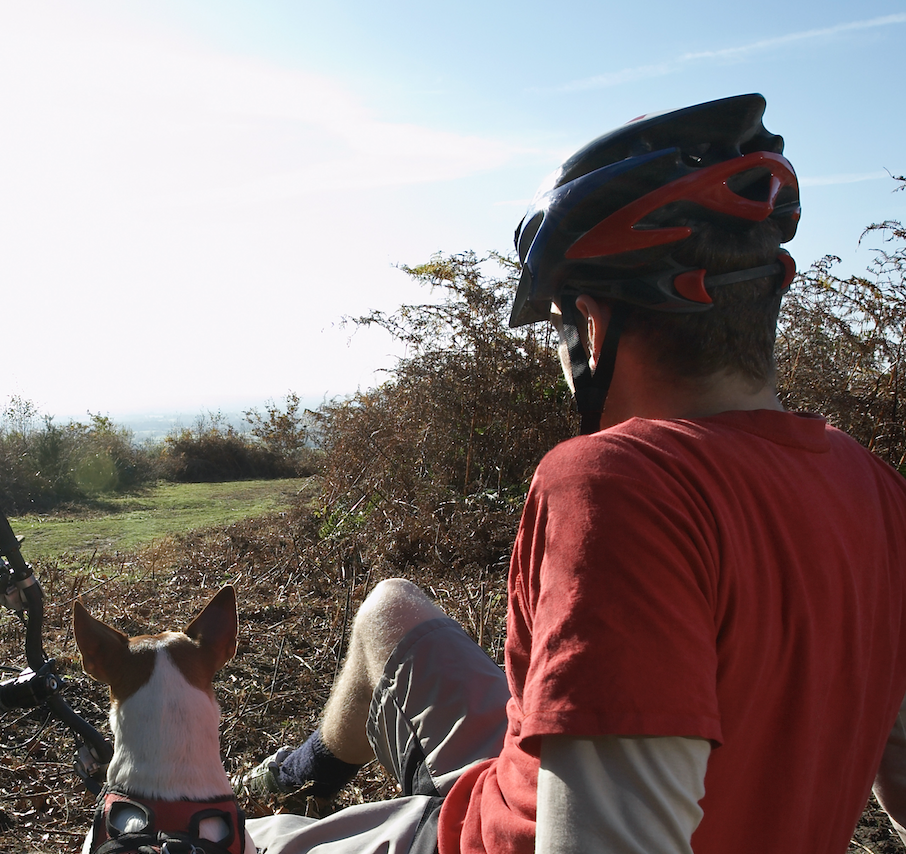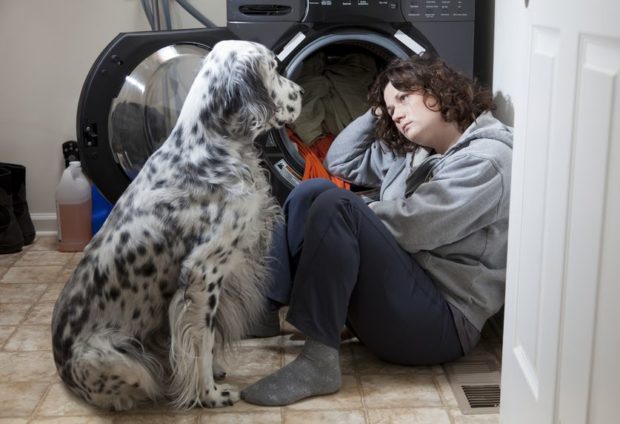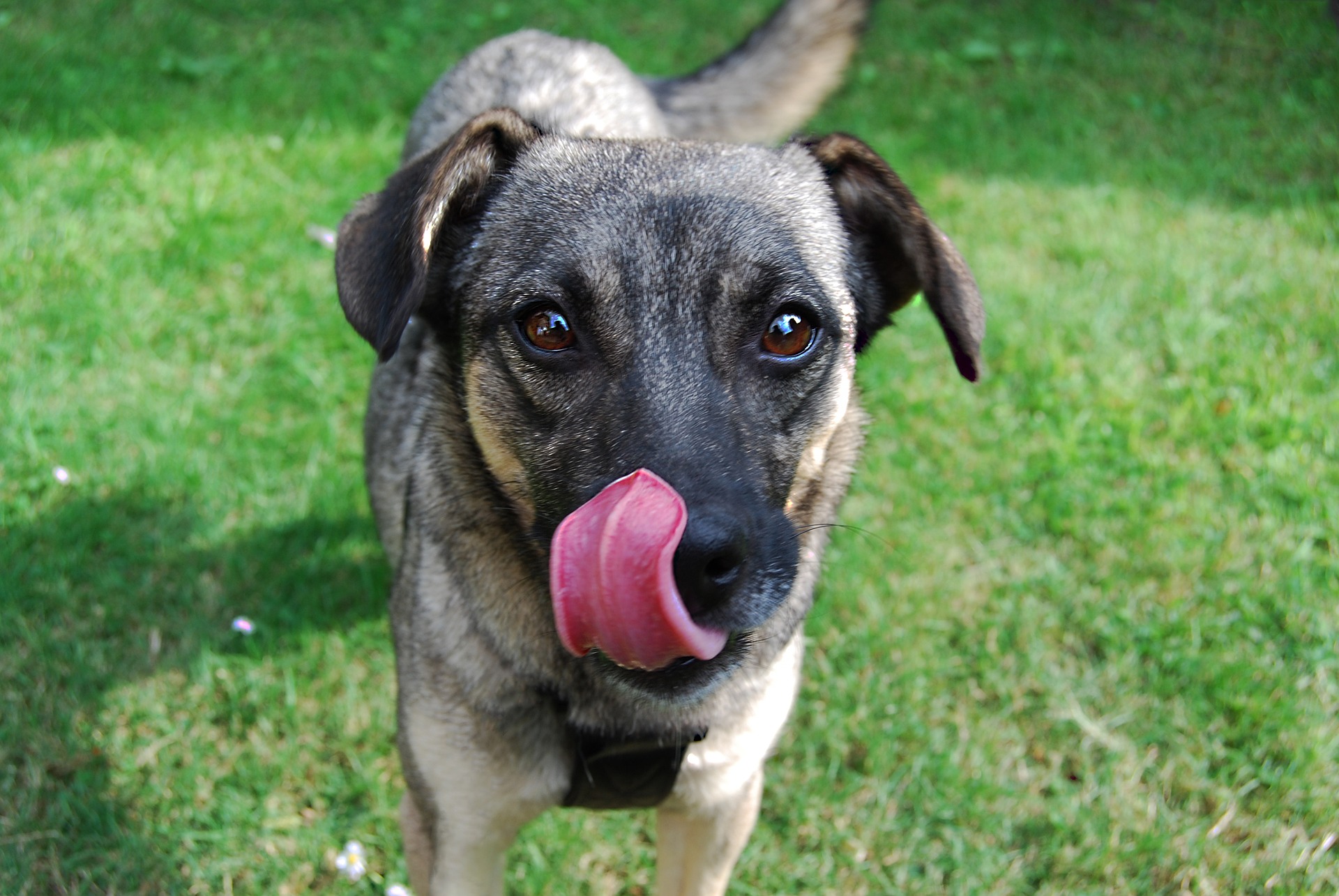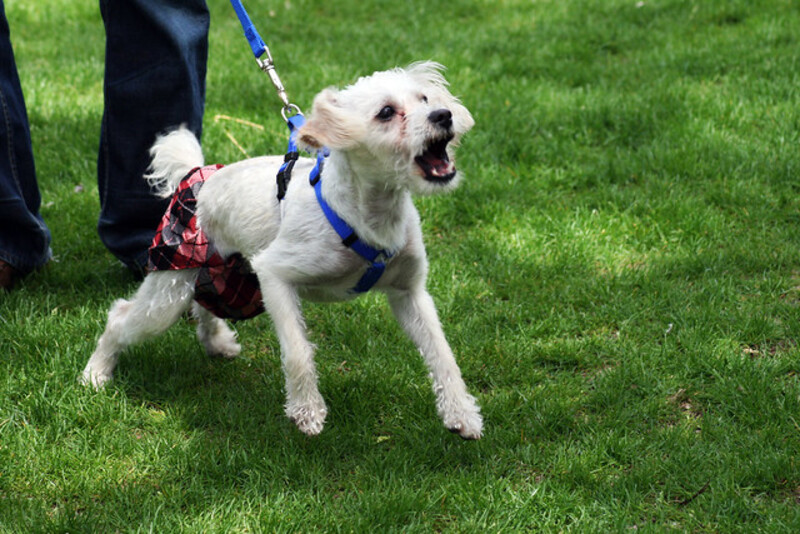
Most service dog training organizations work with trusted breeders who are contracted to produce healthy dogs for service dog training programs. These organizations typically have specific requirements and selection processes for the puppies they accept.
It is important to note that not all puppies are suitable for service dog training. Service dogs require specific temperaments, health, and physical abilities to perform their tasks effectively. The organizations that train service dogs have established criteria for selecting puppies that have the potential to succeed in their training programs.
Considerations
If you plan on donating a puppy for service dog training, we encourage you to research and reach out to reputable service dog organizations or programs in your area. Use your favorite search engine to find dog training establishments in your region. Do not forget to check social media like Facebook, Instagram, and Twitter for smaller dog training organizations that may not appear immediately on your first page with results. Also, it may be worth your time to seek assistance from organizations like the American Kennel Club that are likely to have many business relations with service dog training schools.
If your puppy meets the necessary criteria and is accepted into a service dog training program, it will undergo extensive training to develop the skills required to assist individuals with disabilities. Your puppy may grow to be a capable search and rescue dog, a police dog, or complete a particular service dog program. Donating a puppy for service dog training can be a meaningful way to contribute to the well-being of individuals with disabilities and the community as a whole.
At What Age Is a Puppy Suitable for Donation?
The age at which a puppy can be donated for service dog training can vary depending on the specific organization or program. Generally, puppies are accepted for training between 8 weeks and 18 months of age. Many dog training organizations do not admit dogs who are over one year old so please keep that in mind. The optimal age for donation may depend on the training methods and goals of the organization you are working with.
Some organizations prefer to start training with puppies as young as 8 to 10 weeks old. This allows them to begin socialization and basic training at an early age, which can have long-term benefits for the puppy's development. Early training may include exposure to various environments, introduction to basic obedience commands, and positive reinforcement techniques.
On the other hand, some organizations prefer to receive puppies at a slightly older age, such as 4 to 6 months. At this stage, the puppy has already gone through some critical developmental phases and may have a better attention span and ability to focus in training classes. Some big breeds like the Irish Wolfhound, the English Mastiff, the German Shepherd, the Bernese Mountain Dog, and Saint Bernard mature slower and are usually more trainable when they are at least one year old.
What Is the Screening Process Like?
The screening process for donated dogs can vary depending on the service dog organization or program. These organizations have specific criteria and standards to ensure that the donated dogs have the necessary qualities and potential to become successful service dogs.
We recommend reading:
Professional Training - What Do You Need to Consider Service Dog Training Organizations Near You
Every potential service dog candidate must pass a temperament test. You may want to read our blog post on the topic “Puppy Temperament Testing- Easy Approaches and What to Know Before Doing It”. There are also health tests, where the vision and orthopedic properties of the dog are examined. Please, keep in mind that the initial temperament testing may take up to two or three months depending on the screening procedure of the dog training organization. The medical examination of the puppies is usually comparatively brief compared to the temperament testing and can take 2-3 weeks at most.
You may be required to pay for health screening expenses as well as ongoing medical costs as the dog undergoes training classes. Donating a dog for service dog training is not a drop-and-forget affair as some people may think. The donation process may take months and you should focus on the amazing benefits the canine can bring to the life of a person with a disability and their family. Here is a breakdown of the steps that you may need to take when donating a puppy for service dog training so you know what to expect:
1. Submit Your Application
The prospective donor typically fills out an application form provided by the service dog training organization. This form may require information about the dog's age, breed, health history, parents' history and health background, temperament, and any previous training or socialization.
2. Initial Evaluation
The organization may review the application and conduct an initial evaluation of the dog based on the provided information. They may assess the dog's age, breed suitability, health condition, and behavioral characteristics to determine if it meets their requirements.
3. Veterinary Examination
The organization may request a veterinary examination of the dog to ensure it is in good health and free from any medical conditions that may affect its ability to become a service dog. The examination may include a physical assessment, vaccinations, and tests for genetic disorders.
4. Temperament Assessment
Dogs considered for service dog training must have the right temperament. The organization may assess the dog's behavior, including its sociability, confidence, trainability, and adaptability to different environments and situations. They may conduct temperament tests or evaluations to determine the dog's suitability for service work. The tests may be performed at a facility or in local shops, train/metro stations, and other public locations.
5. Training Potential Evaluation
The organization may evaluate the dog's potential for service dog training. This is done by inducting the dog into basic obedience training classes. The dog trainers will assess the candidate’s potential to learn and retain commands, respond to cues, and exhibit desired behaviors.
6. Compatibility Testing
If the dog passes the initial screenings and beginner training courses, the organization may assess the compatibility between the dog and potential handlers or clients. You may want to refer to our blog posts “Service Dog Handler: what you need to know before being one” and “First Time Service Dog Handler: 10 mistakes you want to avoid”. This is particularly important for organizations that train service dogs for individuals with specific disabilities or needs. The examiners may consider factors like the canine's size, energy level, personality, and specific training requirements.
It is important to note that the screening process aims to ensure the best match between the dog and the organization's training program. Not all dogs may meet the criteria, as service dog training requires specific traits, abilities, temperament, and health profiles. The screening process helps ensure that the donated dogs have the highest chances of success in their training and ultimately in their role as service dogs.
What if My Dog Is Not Accepted Into a Service Dog Training Program?
Dogs who are not accepted into service dog training programs still have various prospects and opportunities. It's essential to remember that not being accepted into a service dog training program does not diminish a dog's value or potential. Every canine is unique, and there are various paths and opportunities you can explore. You may want to focus on the dog’s individual traits, abilities, and temperament to determine the best path ahead. The goal is to find the best fit and provide a fulfilling and purposeful life for the dog.
Adoption as a Pet
Many service dog organizations have adoption programs for dogs that don't meet their specific criteria for service work. These dogs can be adopted by individuals or families as loving companions and pets.
Transfer Into Another Training Program
Canines that are not suitable for service dog training may still hold the potential to excel in other types of training programs. They could be considered for roles such as therapy dogs, search and rescue dogs, police dogs, border patrol dogs, or obedience competition dogs. Some dogs may have particular skills or talents that make them suitable for specialized training. For example, they may be trained for scent detection, herding, or specific tasks related to their breed's inherent abilities. These programs may have different requirements and training focuses that align better with the dog's abilities and temperament.
Re-Homing to Specialized Homes
If you are unable to hold onto the dog for financial, medical, or other reasons you may wish to re-home the dog. In some cases, dogs that are not accepted into service dog programs can be re-homed to specialized homes or facilities that require in-house therapy dogs. A training organization may assist you in re-homing the service dog candidate and smoothing the adoption process.
Can I Train the Dog Myself?
If you are happy with the temperament, health, and learning ability of the dog you could train the dog for service dog duty yourself. You could work with a family in your community to provide them with a service dog. Often the services of dog training organizations can be prohibitively expensive. If you are willing to put in the work, you could use one of our online dog training courses to fully train your puppy into a service dog. Please, check our blog posts: How To Become A Service Dog Trainer and How to Train a Service Dog at Home












